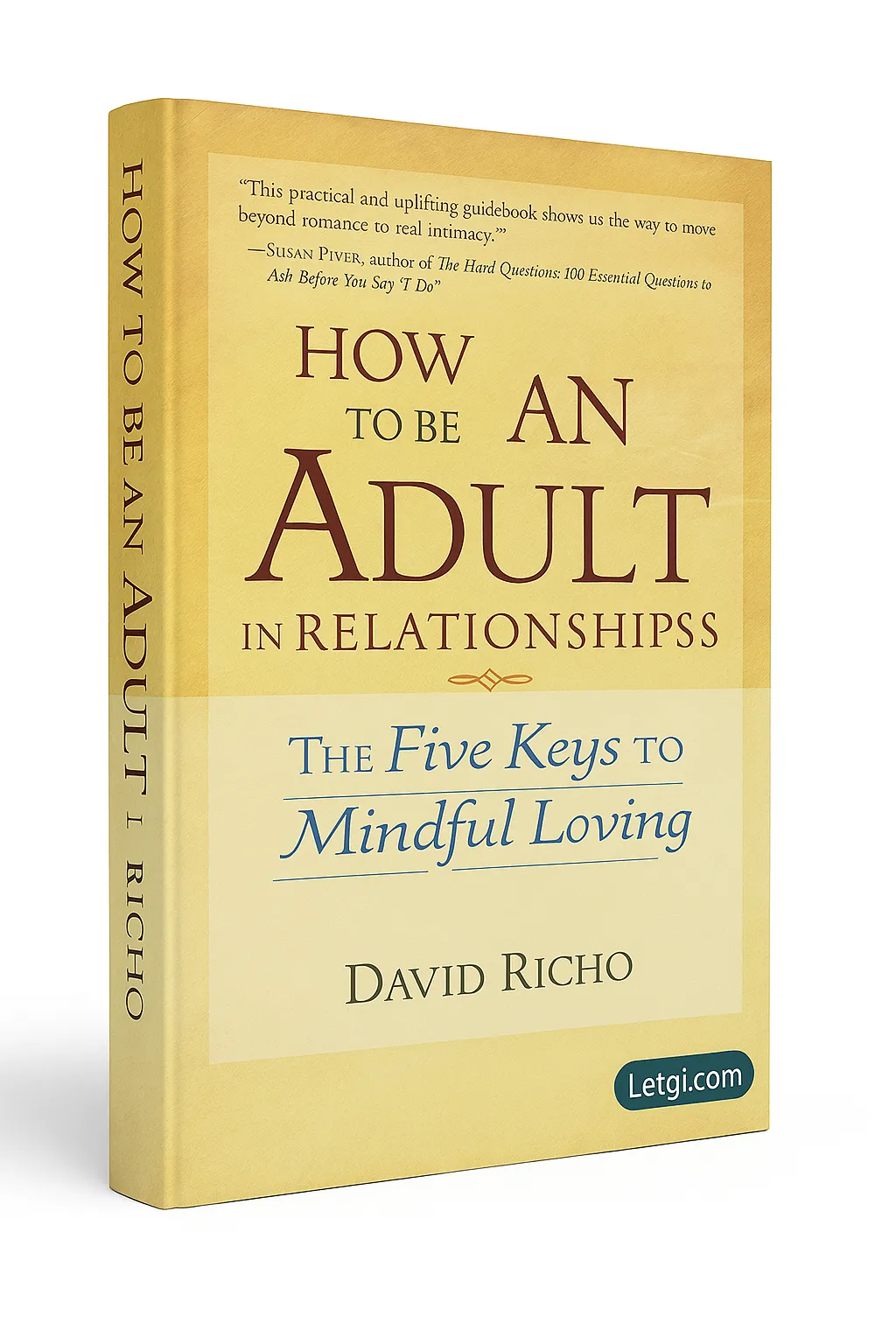How to Keep People from Pushing Your Buttons is a transformative guide that turns emotional reactivity into clarity and calm. Authored by psychologist Albert Ellis, co-founder of Rational Emotive Behavior Therapy (REBT), this book offers precise tools to maintain stability when faced with criticism, stress, or conflict. The goal is not to suppress feelings—but to manage how you experience them.
Millions struggle daily with reactions triggered by other people or situations. This book provides you a framework to reframe emotional stimuli by shifting how you think.
The ABC(RE) Model: Core Cognitive Structure
At the heart of this guide is the ABC Model, extended into ABCRE for emotional clarity:
- A (Activating Event): Something happens that might push your buttons.
- B (Beliefs): Your interpretation of that event—often irrational or absolutist.
- C (Consequences): Emotional and behavioral reaction that follows.
- R (Disputation): Challenge and change irrational beliefs.
- E (Effective New Philosophy): Adopt rational, balanced beliefs to respond more calmly.
Ellis emphasizes that most emotional distress stems not from the events themselves, but from how we interpret them. By shifting beliefs, you change emotional outcomes—and regain behavioral control.
Identifying the “Nutty Beliefs”
Ellis outlines ten irrational beliefs enabling others to push your buttons. Common irrational thought patterns include:
- Demandingness: “I must always be respected.”
- Catastrophizing (Awfulizing): “This is the worst thing ever.”
- Low Frustration Tolerance: “I can’t stand discomfort.”
- Global Worth Judgments: “I’m a failure.”
These rigid belief systems drive exaggerated emotional responses. Recognizing them in your thinking is the first step to dismantling them.
The Fatal Foursome: Sabotaging Emotions
Ellis highlights four core emotional responses that typically get triggered:
- Excessive Anxiety—feeling overwhelmed beyond what is warranted.
- Excessive Anger or Defensiveness—reacting harshly instead of asserting boundaries.
- Excessive Guilt or Shame—over-identifying with errors or others’ opinions.
- Excessive Depression or Exhaustion—feeling stuck or hopeless.
These overreactions sabotage logic, productivity, and well-being. The book teaches how to quiet these responses through cognitive restructuring.
Practical Emotional Disputation: Step-by-Step
The book walks readers through disputation with four practical steps:
- Detect: Identify the specific irrational belief fueling emotional distress.
- Question: Critically challenge its accuracy—“Is this true? What evidence counters it?”
- Replace: Substitute a rational belief—“I prefer peace, but I can tolerate conflict.”
- Empower: Adopt a healthier internal narrative that boosts resilience and composure.
These steps are illustrated with real-life examples—from workplace friction to family conflict—demonstrating how emotional turmoil shifts into calm autonomy.
Real-World Applications Across Life
Ellis applies his cognitive model to several environments:
- Workplace Tensions: Handle criticism, difficult colleagues, and performance stress.
- Family Dynamics: Maintain balance with spouses, children, and parents who trigger emotional reactions.
- Social Interactions: Respond to manipulation, sarcasm, or passive aggression with calm assertiveness.
- Daily Stressors: Cope with deadlines, unexpected problems, and social anxiety using rational clarity.
The book emphasizes consistency—applying disputation strategies early prevents emotional escalation and restores equilibrium.
Why This Book Is Exceptional
Grounded in Foundational REBT
Written by one of REBT’s originators, the book draws from decades of clinical practice and cognitive-behavioral theory.
No-Fluff, No New-Age Language
Ellis delivers direct, clear prose—no vague positivity, no excessive jargon. It’s frank, actionable, and realistic.
Exercises Included for Mastery
Each chapter includes actionable exercises and self-help forms, encouraging readers to implement disputation techniques in everyday life.
Timeless Relevance
Despite being first published in the 1990s, the strategies remain vital for anyone facing interpersonal and intrapersonal challenges in any era.
Benefits You’ll Gain
- Emotional autonomy: Stop external triggers from dictating your emotional state.
- Psychological resilience: Build stability by challenging irrational beliefs.
- Stress reduction: Learn to respond instead of react.
- Improved boundaries: Maintain composure while standing firm and assertive.
- Greater clarity in conflict: Convert tense interactions into opportunities for self-growth.
The skills offered in this guide are tools you can carry into every meeting, conversation, or stressful event.
FAQs
Q: Does this help with all types of emotional reactions?
A: Yes. Though it focuses on common triggers like anger, anxiety, guilt, and sadness, the cognitive approach applies broadly.
Q: Is the approach practical without professional therapy?
A: Absolutely. The book is structured for self-guided practice, using clear examples and exercises to build proficiency.
Q: How long does it take to see results?
A: Readers often notice shifts in thinking within days. Ongoing practice leads to lasting emotional resilience.
Q: Is it confrontational or gentle?
A: Direct yet constructive. Ellis encourages firm self-respect combined with rational perspective—not aggression or denial.
Q: Will this help with workplace stress?
A: Yes. Specific chapters address work conflict, criticism, and assertive communication, making it useful for professional growth.
Why You Can’t Wait to Read This
Each day without disputation tools is one more knock to your emotional stability. Do you want to replay the same outbursts, guilt loops, or anxiety triggers? Many professionals, parents, and relationship survivors have regained calm confidence with these techniques. If you don’t act, you may continue being reactive to stress instead of choosing your emotional state. Don’t let another conflict control you—learn to defuse your buttons now.
Mastering Calm in a Turbulent World
How to Keep People from Pushing Your Buttons is not just a self-help book—it’s a life skill toolkit. With Ellis’s precision and clarity, you gain tools to safeguard your emotional life, assert personal boundaries, and respond rather than react.
If you’re ready to stop handing control of your feelings to others, this guide is your roadmap. Cultivate rational beliefs, steady emotions, and personal power. Read, reflect, and transform how you handle pressure.


Reviews
There are no reviews yet.